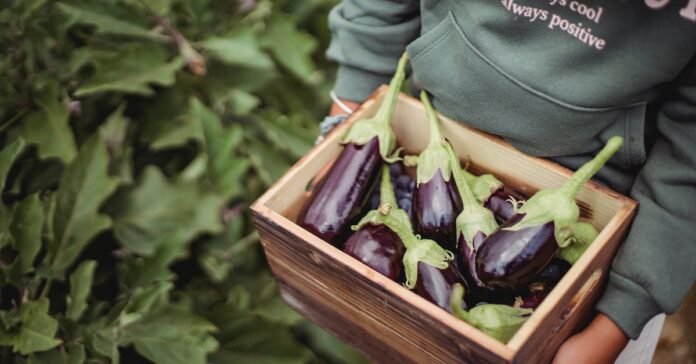Gardening can be quite complex, when you break it down. You will need to take closer care of your garden if you choose to grow organically, but there are many tools to help you. If you are a newbie, getting into organic gardening can be daunting. Be successful by using the following tips.
If you have a young baby, consider wearing your child in a backpack while you garden. Being outdoors is a great stimulating experience for an infant, plus they get to spend more time with you. Organic gardening is safest for baby, as there is no risk of them encountering harsh or dangerous chemicals while you work.
You will need to rotate the plants on a regular basis when you have an indoor organic garden. Plants need to get light from all directions in order to grow properly. If they are not rotated, plants will bend toward a light source, which can actually cause them to produce less fruits and vegetables, than they would have if they had been rotated.
Use approximately two or three inches of natural, organic material as some mulch in every single flower bed. This will help to inhibit weed growth, helps to lock in moisture, and adds needed nutrients to your organic garden. This will also make your flowers appear beautiful and finished all year long.
Blend flowering fruit shrubs into your regular landscape. Don’t have a separate area to turn into a garden? Elderberries, blueberries and currants have pretty flowers in springtime and look great in the fall as well. The side benefit of these landscape-enhancing plants is all the fruit they produce for you to enjoy.
When beginning your own organic garden, you should always make sure you moisten your mix that is in the containers before you sow the seeds. If your mix is not moist, it will dry out. This could cause your plant to die before it is given a chance to grow.
A great tip when starting your own organic garden is to always space your seeds in the mix as evenly as you can. If you do this, it will ensure that every single one of your seeds has an equal amount of room to grow in the most optimum way.
Use a laundry basket to help you collect produce from your garden. You can also use a laundry basket as a strainer. Rinse the product off whilst it’s in the basket so that any extra water can strain through the laundry basket’s holes.
Try lightly ruffling the seedlings with your hands about twice a day. It sounds weird, but research has shown that handling the seedling like this often will make them grow bigger than seedlings that are ignored.
If you are preparing to move your indoor organic garden outdoors, a great tip is to start preparing your plants one week ahead of time. Move them to a shaded area in your home for a few hours on a warm day. Your aim is to gradually increase your plants’ exposure to light. Then, leave them outside overnight at the end of the week. This will ensure your plants survival.
To keep dirt from getting stuck in the leaves of lettuce and other leafy vegetables, use mulch. When the plants appear, spread an inch or two of mulch around the base of the plants. This will prevent dirt from getting into the plant and also help prevent pesky weeds. Just be sure that the mulch is organic and untreated by pesticides.
Many people are confused about what the idea of organic actually means and so they think they can’t participate in organic gardening. Organic gardening simply means that no types of pesticides or preservatives are used on the product which results in a much more natural form of the produce.
Rotate the plants that you grow each year by switching up where you plant them. Planting the same area with the same plants year after year will lead to disease and fungus. The soil might contain fungus or diseases specific to one type of plant. When you rotate your crops, fungus and disease have less chance to spread.
To prepare the ground for your organic perennial plants, simply cut the turf and turn it over a few weeks before planting time. Spread wood chips a few inches deep on the freshly-turned soil, and within a couple of weeks the ground will be ideal for your organic perennials. These hardy plants need only a little bit of preparation.
Now, you shouldn’t get your hopes up and believe that a few tips are going to turn you into an instant professional gardener. However, these tips are a great starting point if you do plan to grow organically. As you implement these tips and hone your skills, you’ll be a professional green-thumb-holder in no time.


